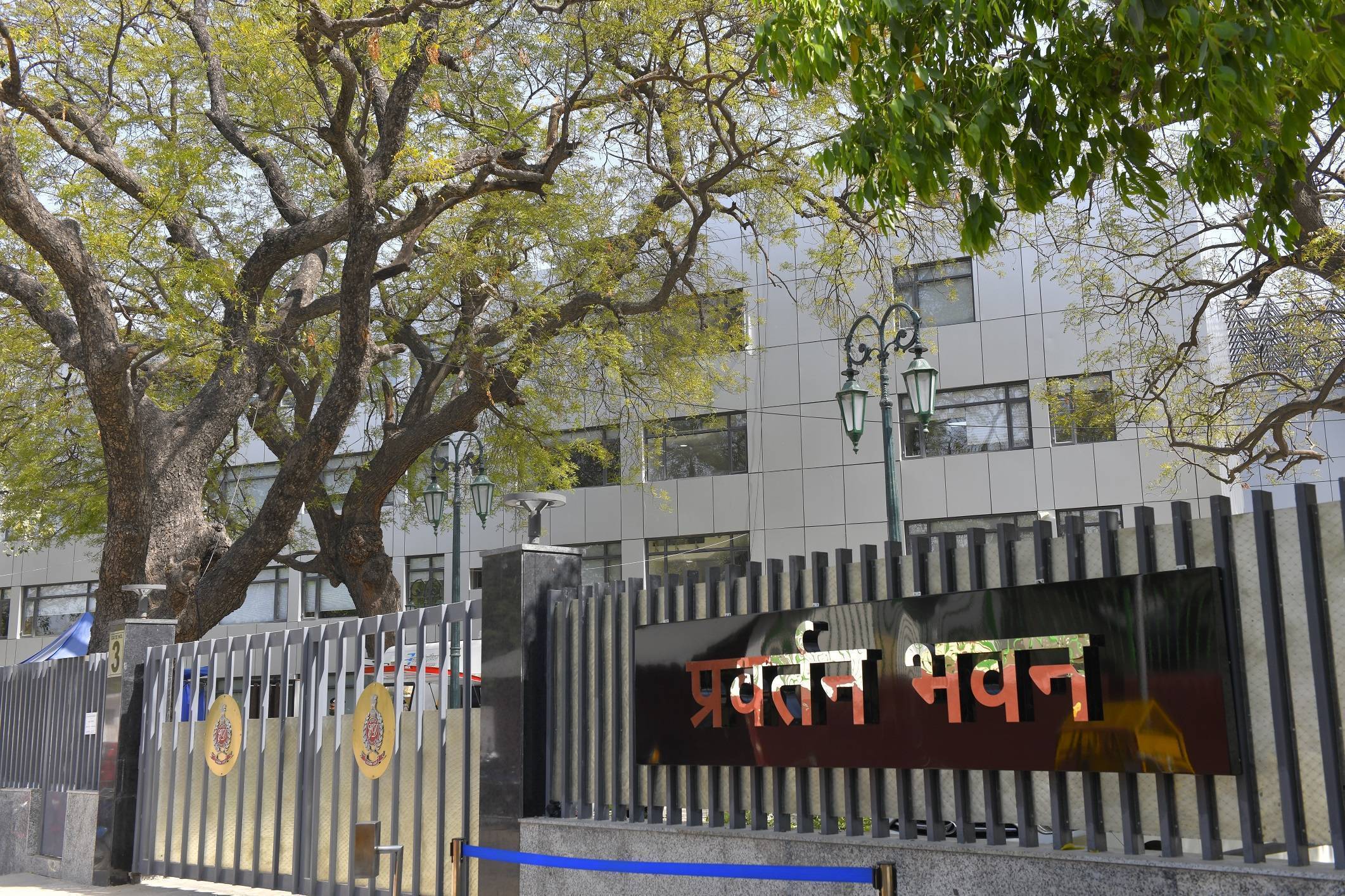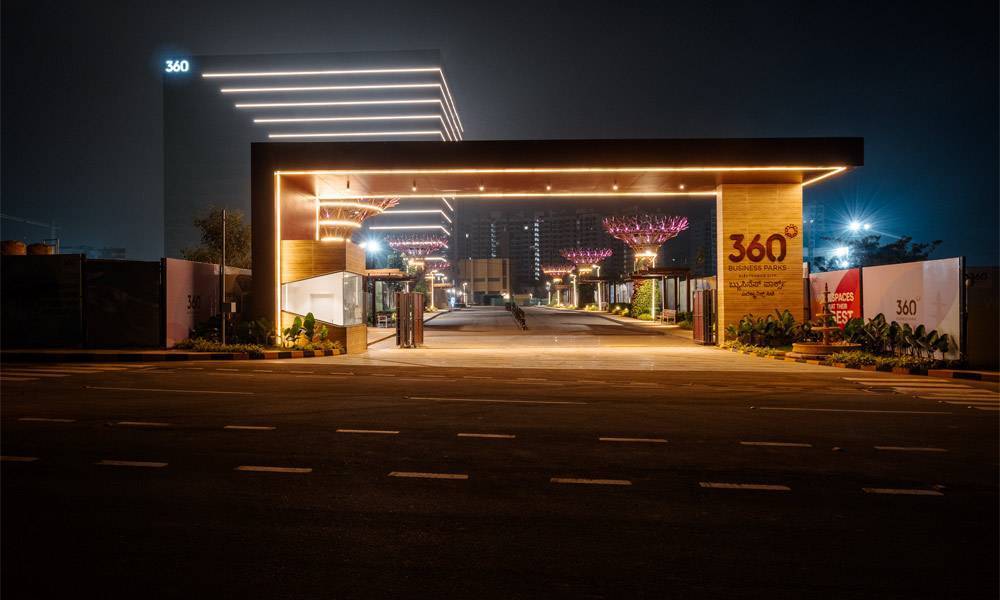The Municipal Corporation of Manesar (MCM) has announced a new policy to recover cleaning expenses from property owners in cases of garbage accumulation on vacant plots and private premises. The move aims to improve sanitation, public health, and environmental upkeep across the municipal area.
MCM Commissioner Ayush Sinha empowered officials to enforce the new policy, instructing joint commissioners to take necessary actions to enhance greenery, maintain beautification, and ensure proper waste management across the city. “This step will not only promote cleanliness in the Manesar municipal area but also make the general public aware of their responsibilities,” Sinha said.
Under Section 274 of the Haryana Municipal Corporation Act, 1994, if filth or garbage is found dumped on any vacant plot or private property, the MCM will arrange for its removal. The costs incurred for cleaning will be recovered from the property owner or occupant, in the same manner as outstanding municipal taxes. Joint commissioners are required to submit detailed reports on the implementation of these measures within 15 days to the commissioner’s office.
This initiative coincides with the resumption of doorstep waste collection in Manesar after a two-year gap. The Haryana government recently approved the door-to-door waste collection tender for MCM in a high-powered purchase committee meeting chaired by Chief Minister Nayab Singh Saini and Urban Local Bodies Minister Vipul Goel. The tender, awarded to the firm previously handling Manesar’s waste collection, covers a five-year contract valued at ₹64.9 crore. The civic body will soon issue the order to the contractor to commence operations. Doorstep collection had been halted in July 2023, causing significant inconvenience to residents.
The jurisdiction of MCM, officially established by the state government on 24th December 2020, encompasses 30 villages surrounding Manesar along with newly developed sectors within these villages. These sectors primarily include condominiums, classified as bulk waste generators (BWGs). According to the Solid Waste Management (SWM) rules, 2016, these establishments are required to install on-site composting facilities for wet waste and implement dry waste recycling systems.
While the door-to-door waste collection service primarily caters to village residents, the waste collected from condominiums and BWGs is transported to MCM disposal sites for further processing. This dual system ensures that both individual households and large housing complexes are compliant with waste management regulations while maintaining a cleaner urban environment.









.png)